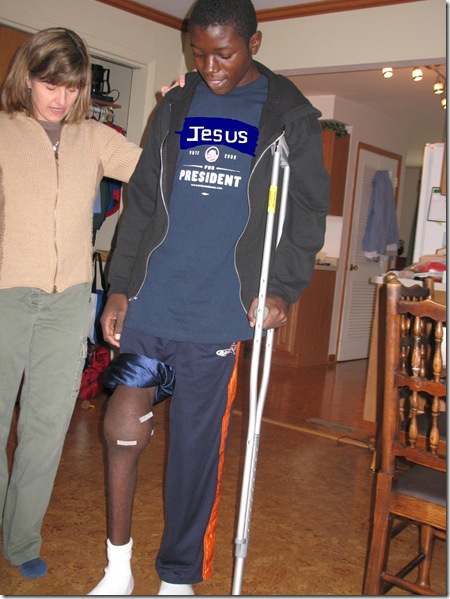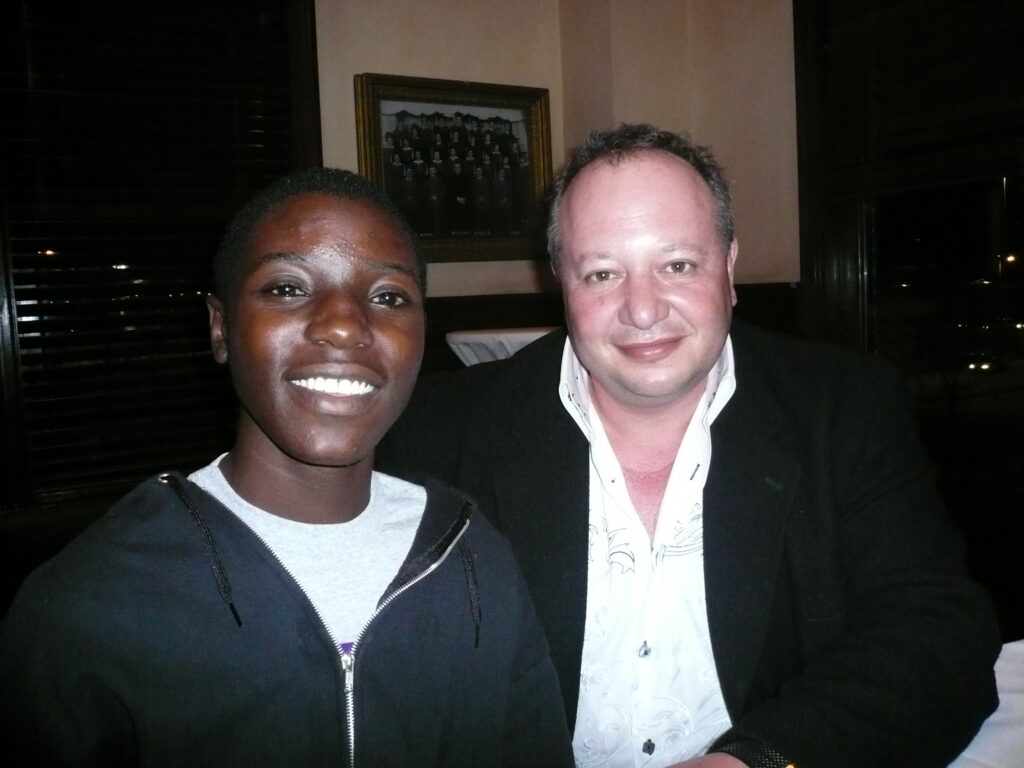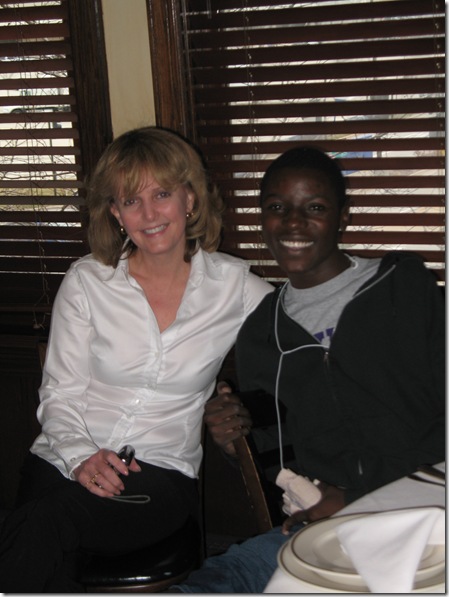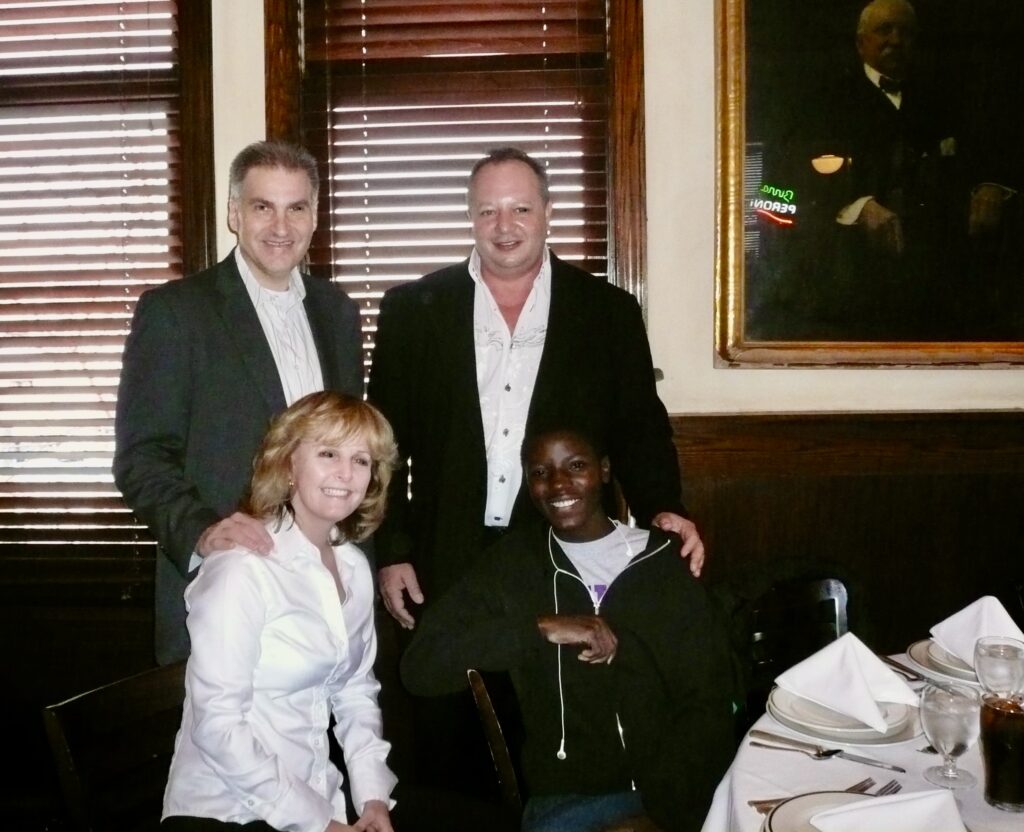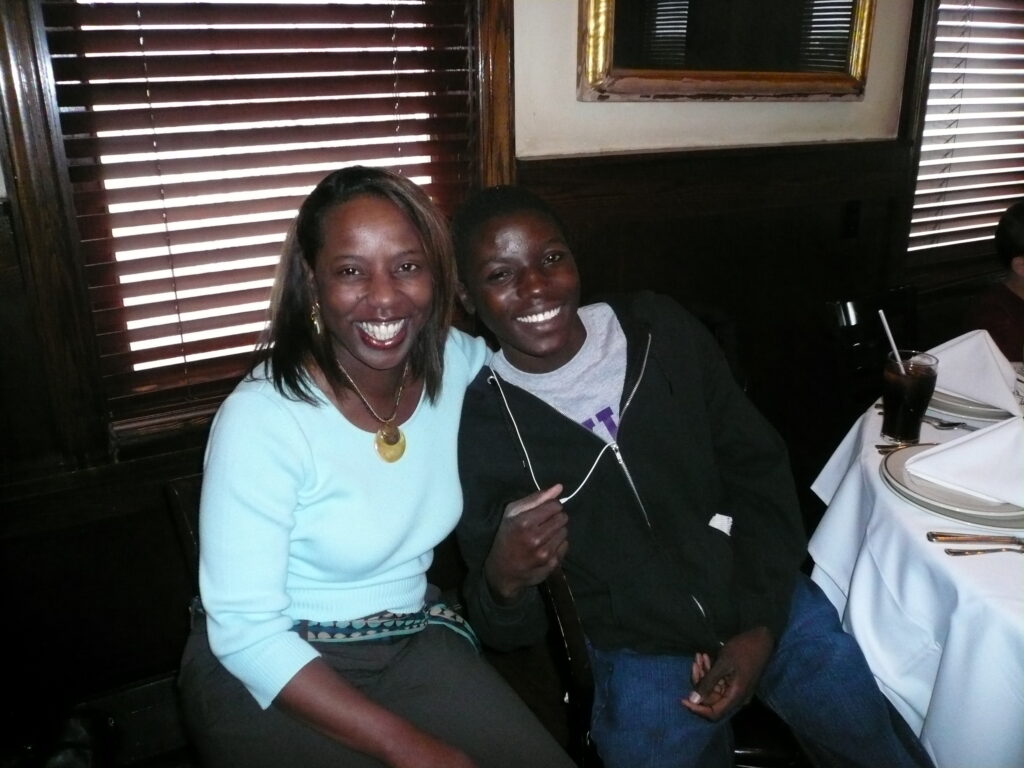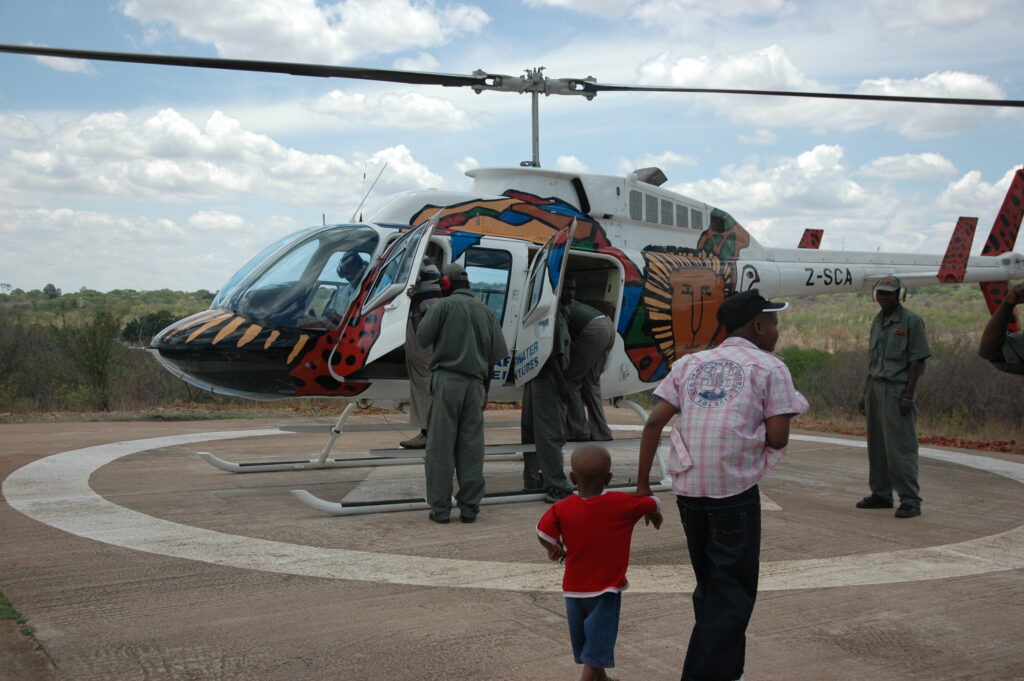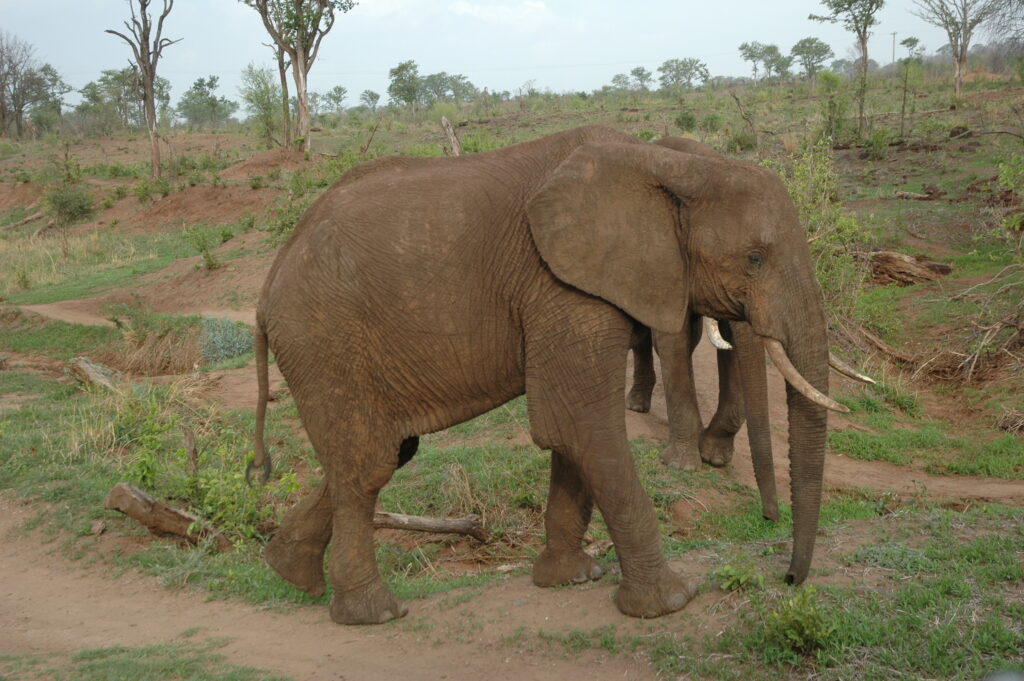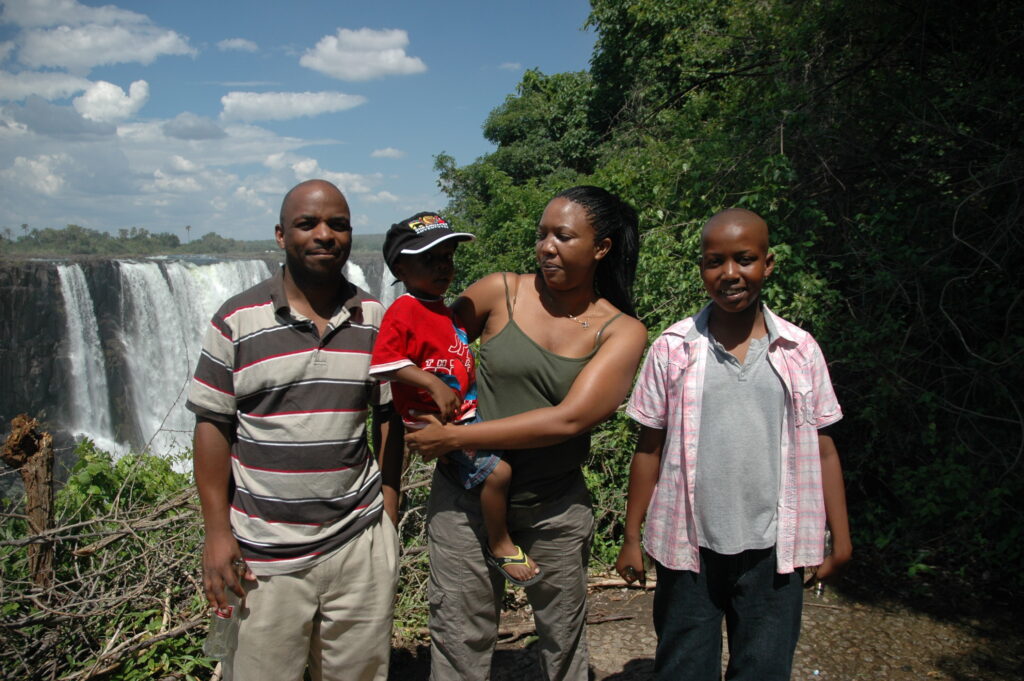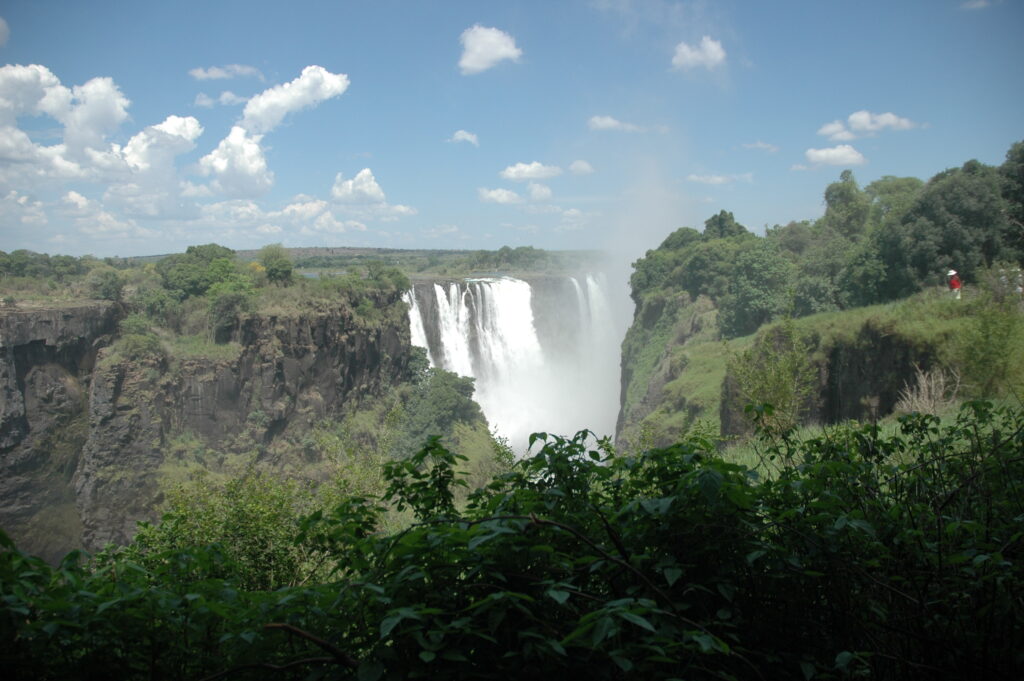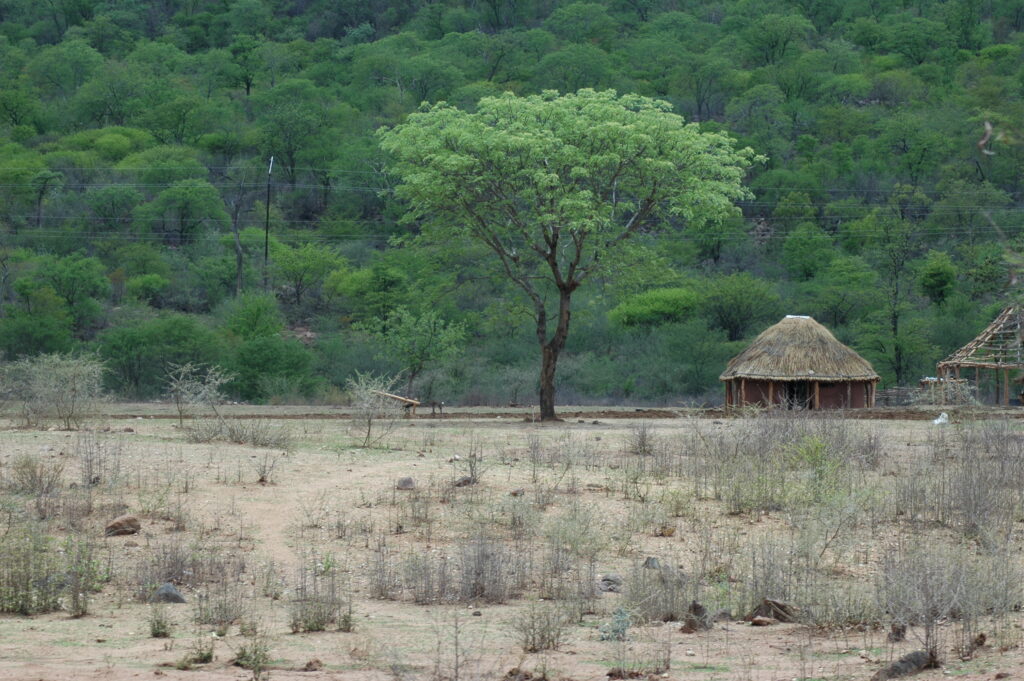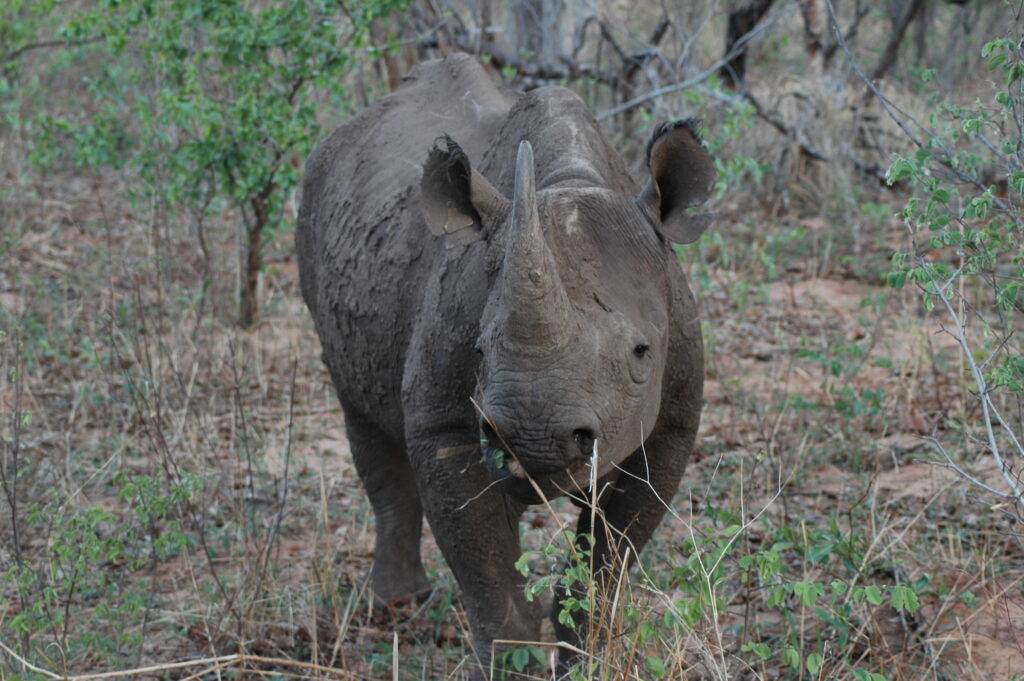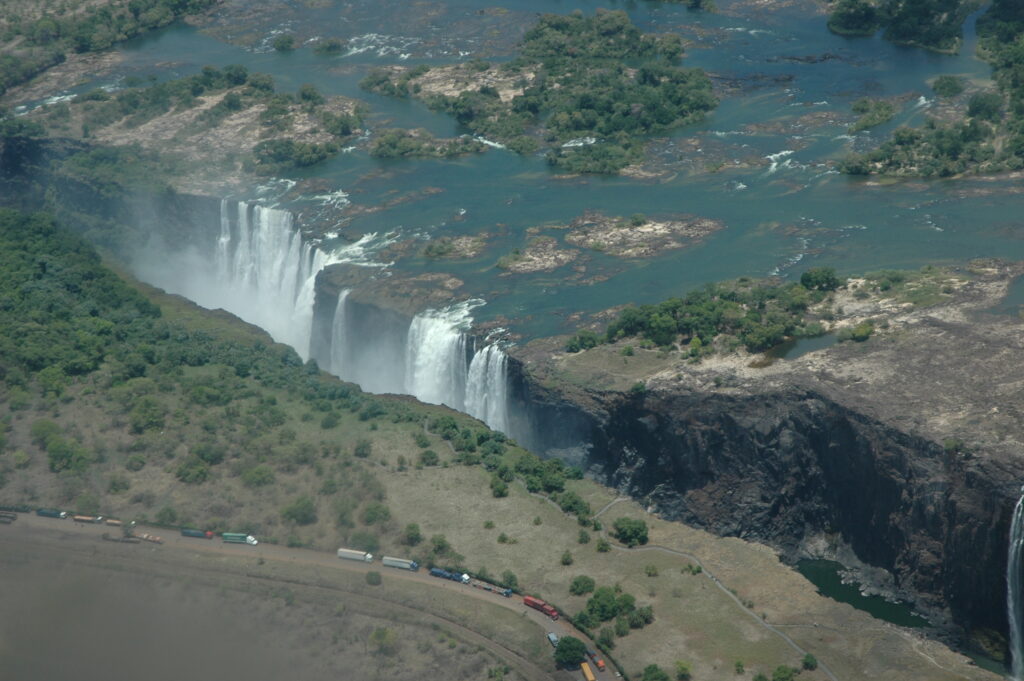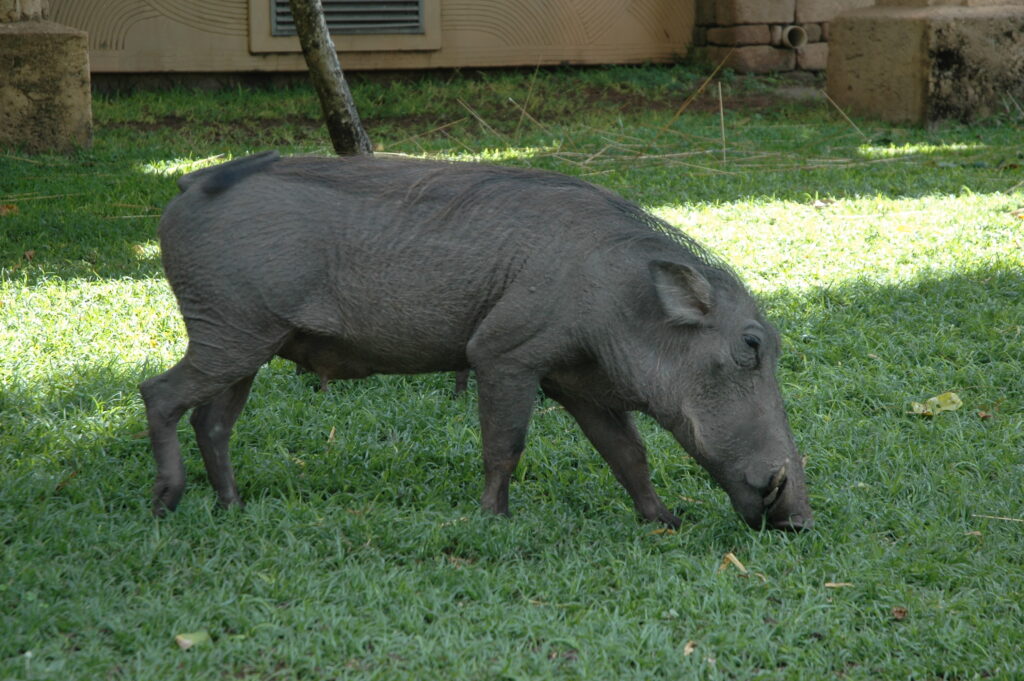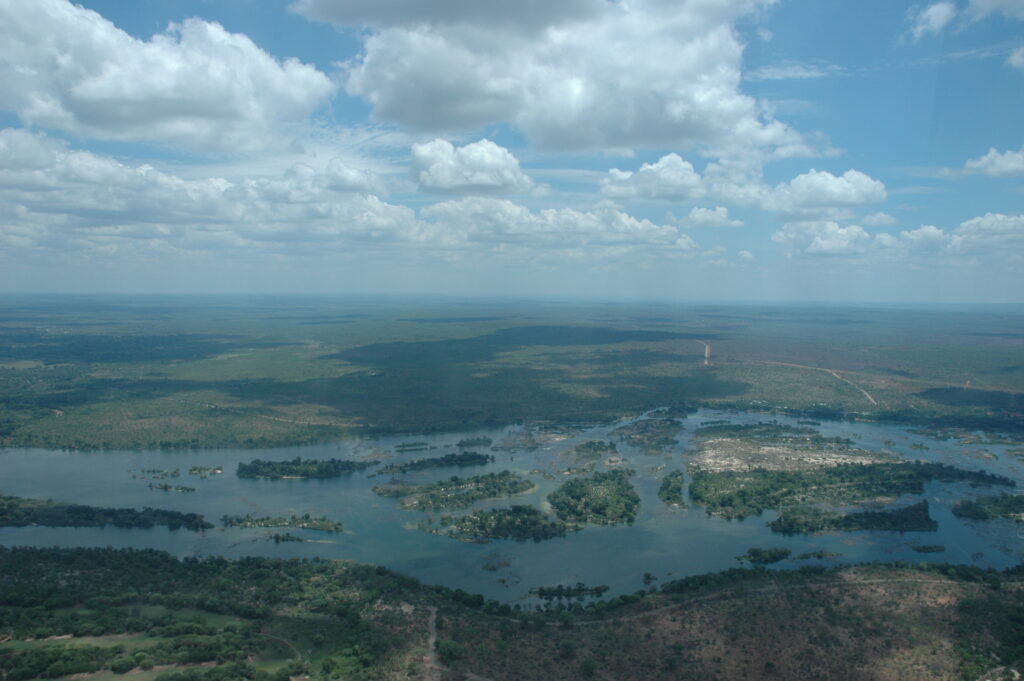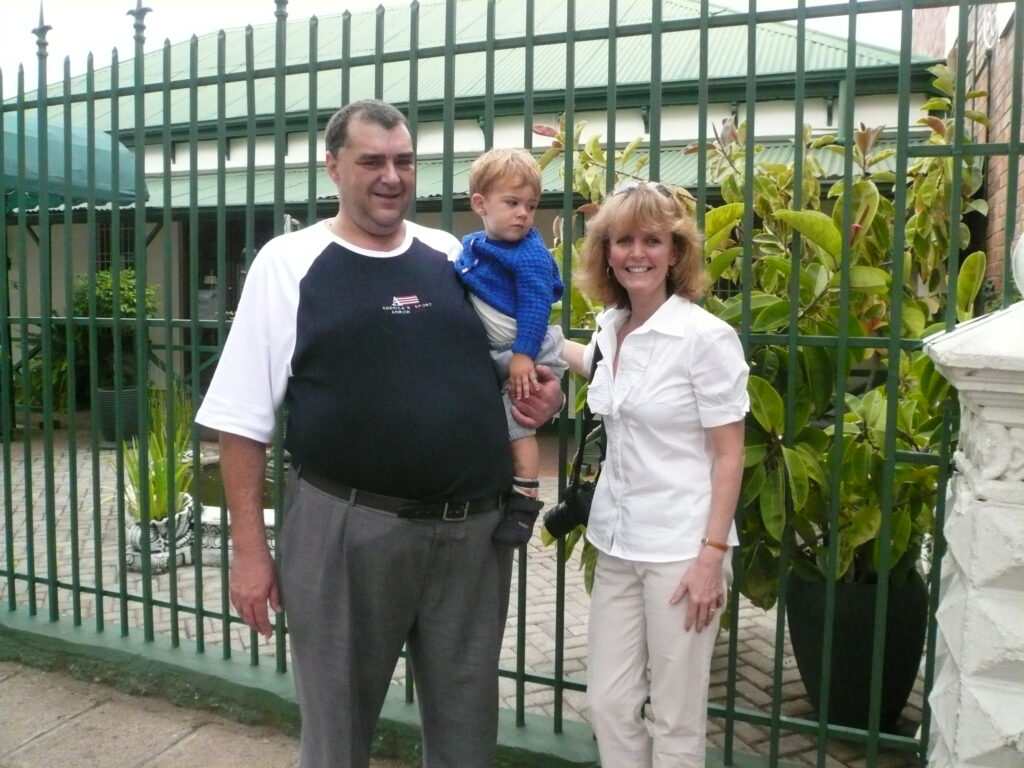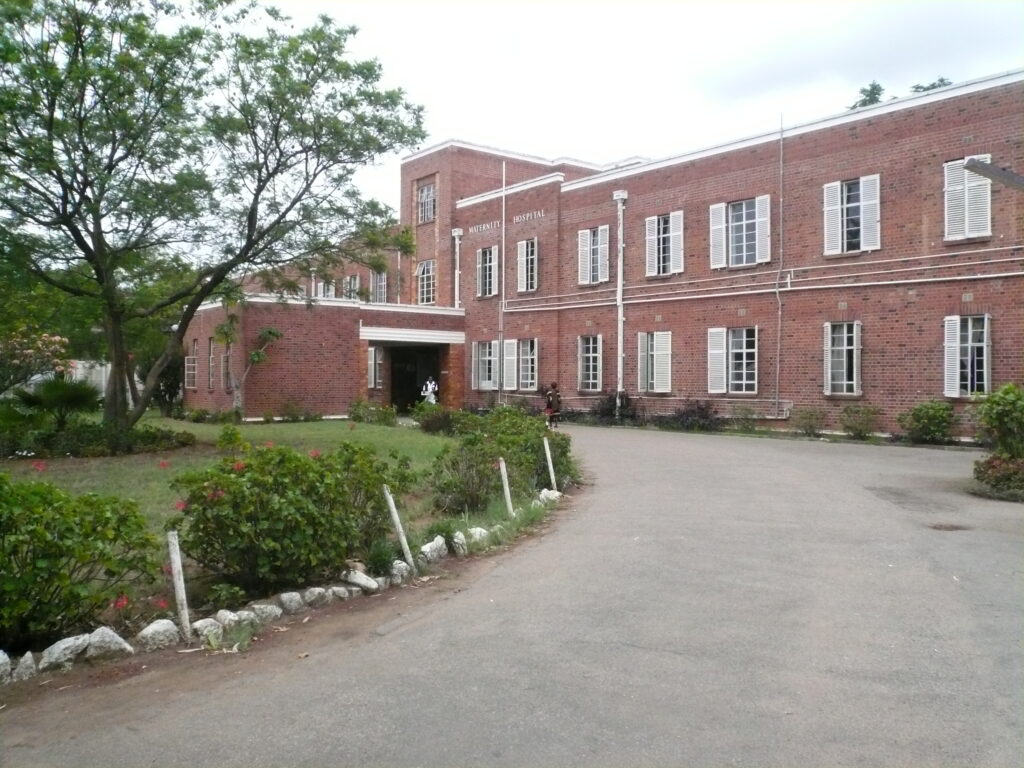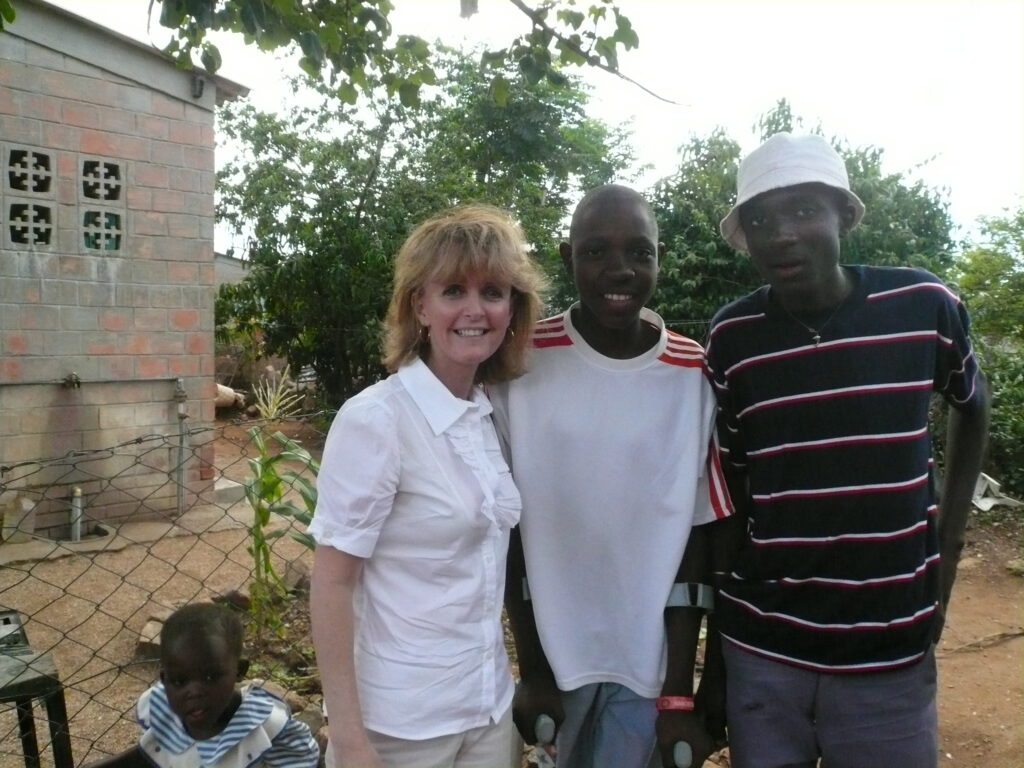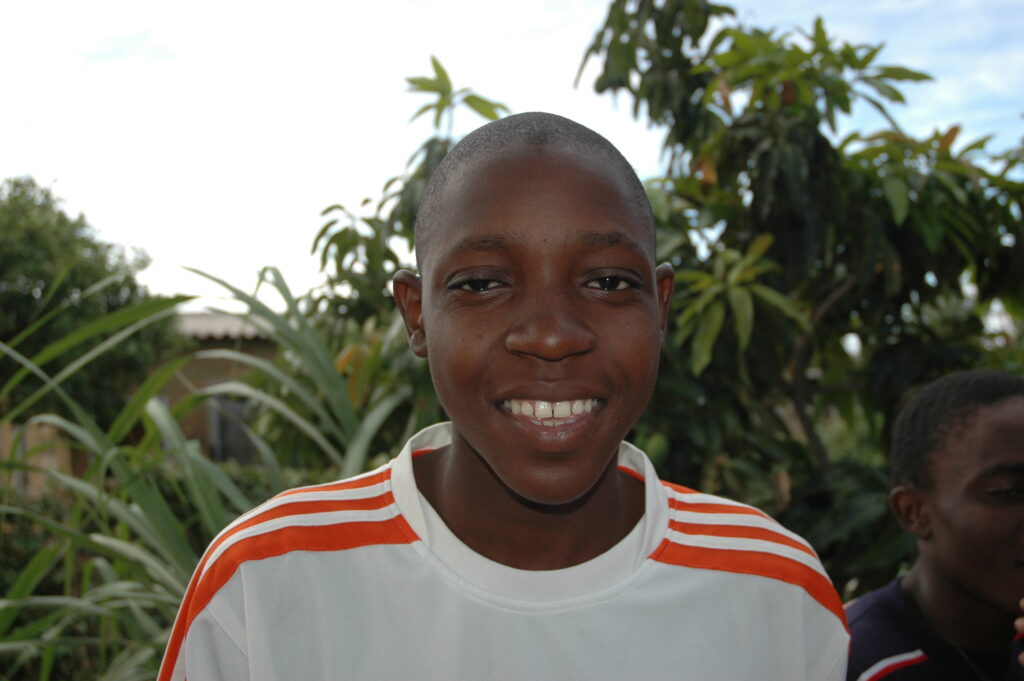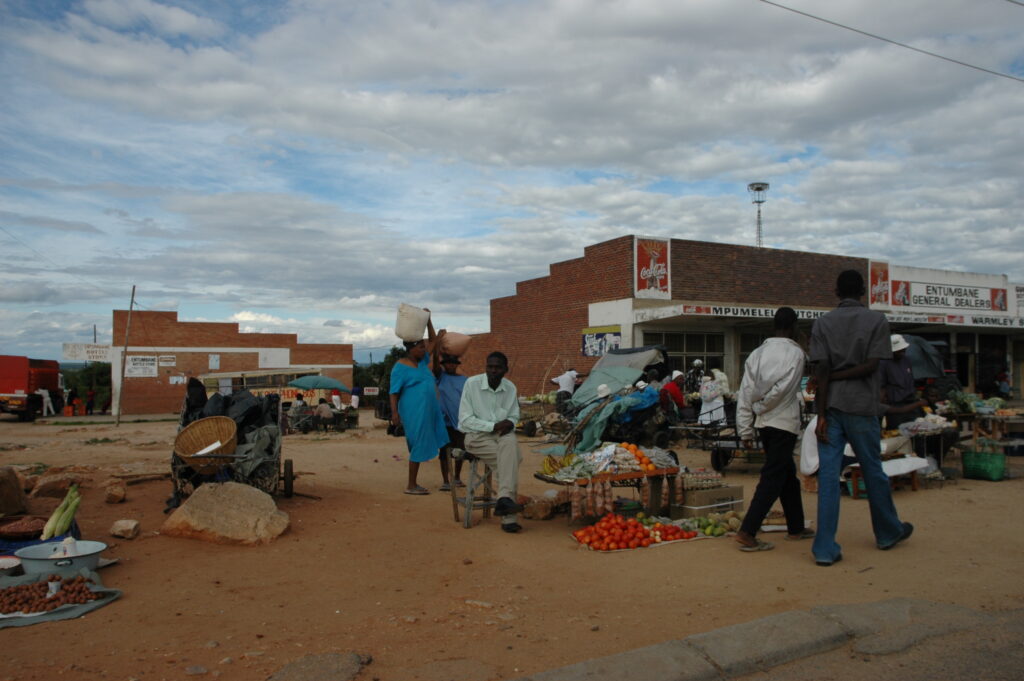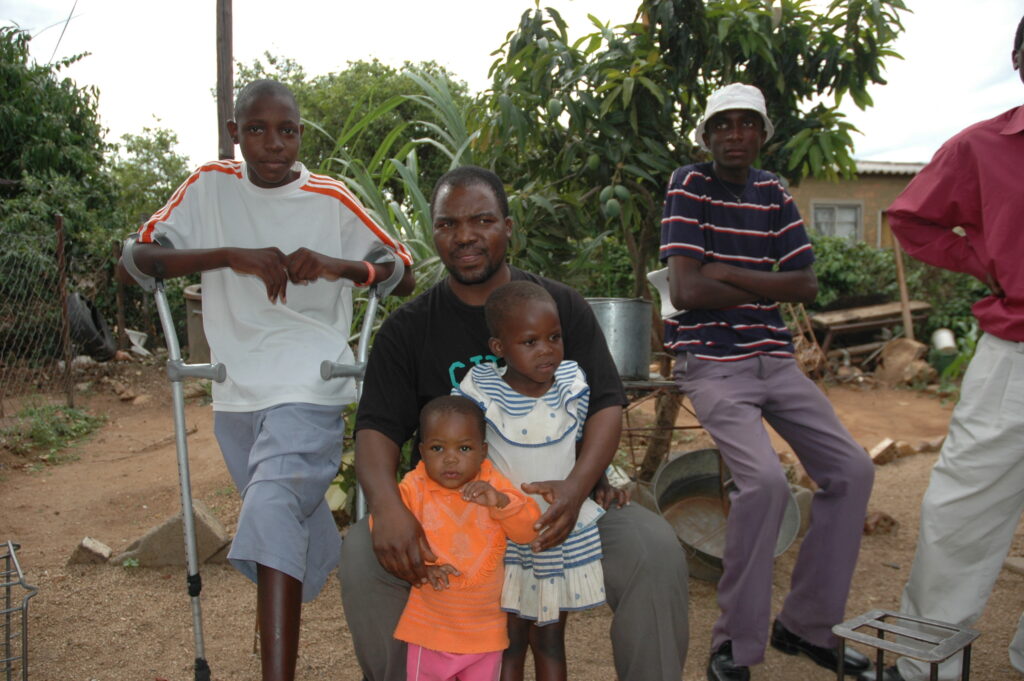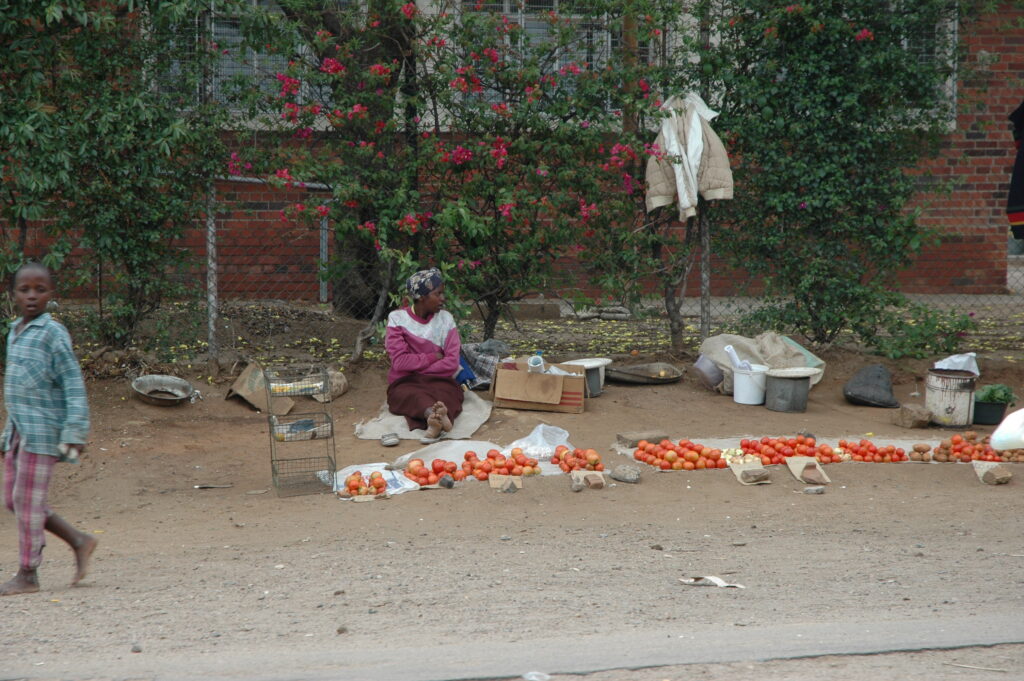Khumbs
Thanksgiving Day last Thursday was celebrated all across America but it was a sad day in Zimbabwe. We lost another young man to hemophilia, Khumbs.
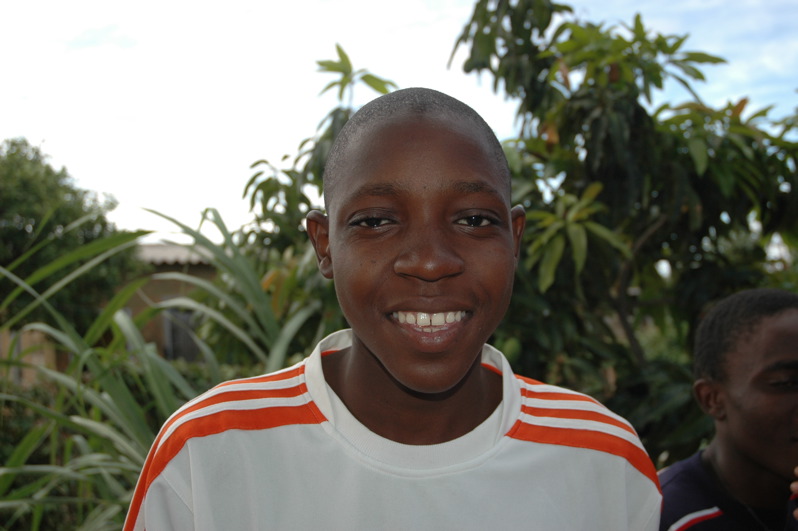
Khumbs was very special to me. I first heard of him in 1998, when he was only eight years old. He was about to lose his leg after an ankle bleed became infected. It was a risky procedure because there was (and still is) no factor available in Zimbabwe. We tried to ship product as quickly as possible, to try to save his leg, but it was too late. In 2000 I traveled to Zimbabwe, and met little Khumbs at his home in Bulawayo, Zimbabwe’s second largest city, which always reminds me of New Orleans. He was charming, with a big smile. His mother had died recently. Loss, then more loss. Zimbabweans are used to losses.
In 2001 we held the first-ever hemophilia camp in Zimbabwe, named after one of the founders of the Zimbabwe Haemophilia Association, Norman Mubaiwa. 65 children who all come from impoverished homes attended. It was held at the Hwange Safari Park, and for the first time in their lives, the Zimbabwe kids got to see their native animals. Zebras, giraffes and wildebeests all came to the watering hole at dusk. Khumbs followed me around everywhere at that camp, smiling his infectious smile. On spindly crutches and one leg, he scuttled about, always tailing me. He didn’t speak English, only his native Ndebele. When I would turn and look at him, he’d get shy and smile. Later on, I saw him sitting by the small in-ground pool. I motioned for him to go in but he was too shy. Zimbabweans are so polite and sensitive. When I insisted, he finally believed me and next thing I knew, he shucked off his pants and jumped into the pool in his underwear, not at all conscious of his stump. He had a blast!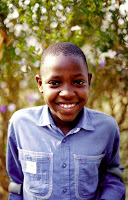
I took a photo of Khumbs at that camp, and his smile summed up the joy I have seen in children worldwide when they go to camp. He was beaming. I took that photo and had it digitally enlarged and processed like an oil painting. I hung it on my wall so that Khumbs’ smile was with me every day.
I returned to Zimbabwe in December 2007. Conditions in the country had deteriotated unbeliveably. 80% unemployment, one million percent inflation, food shortages. I returned to Bulawayo, not an easy task given the lack of gasoline; it’s a five hour ride from the capital. We visited Khumbs again. He was so tall! And so healthy looking! His wonderful uncle took Khumbs and his brother in, after their father died. More loss. Khumbs was perched on the same pediatric crutch that he had been using, which was now patched. After our happy visit, I went off to look for a new crutch.
We found Khumbs a sponsor and he became our first enrollee in Save One Life. This program provides financial resources each month for children with hemophilia in the developing world. His sponsor was Jill Smith, a hemophilia nurse from Australia, who had traveled with me to Zim in 1999. She had met Khumbs, too.
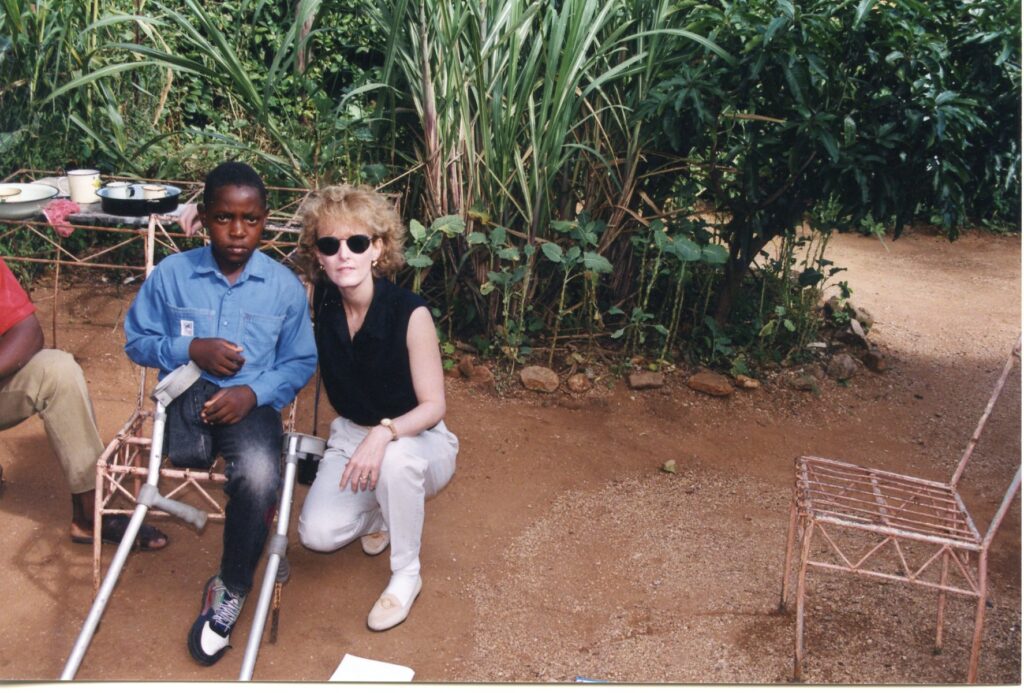
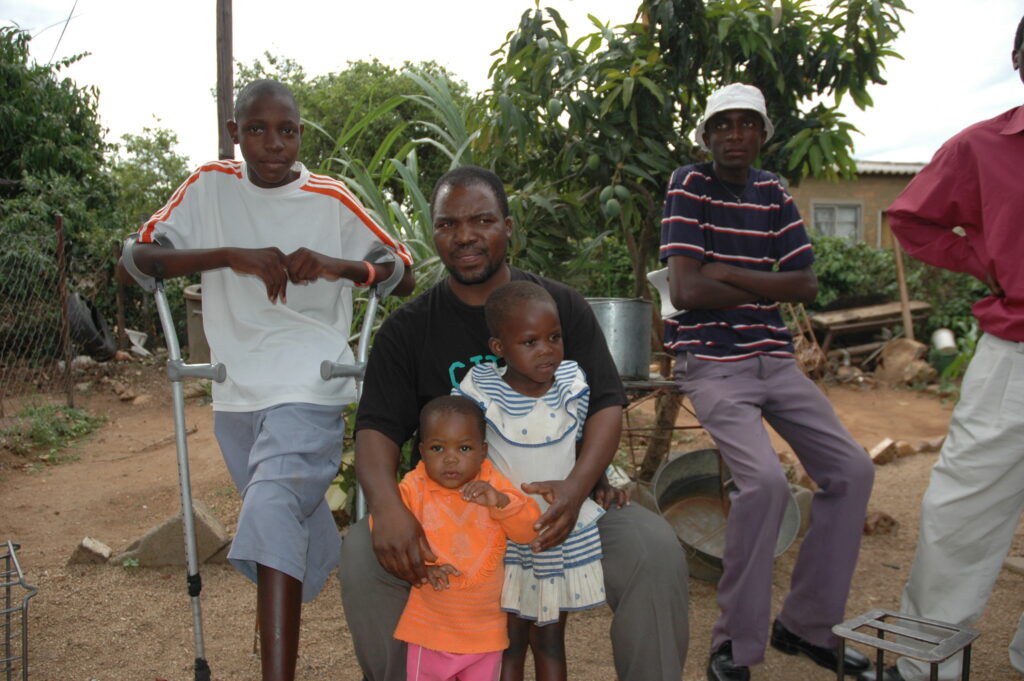
How shocking to awaken on Thanksgiving morning to a text message from Zim saying: “Khumbs is gone. We are devastated.” More loss, always more loss.
Khumbs’ picture will forever stay on my office wall, a snap shot of a time when we gave a brave little boy who had lost almost everything the most wonderful time of his life–hemophilia camp. And now, we are the ones left with the loss.
(If you’d like to sponsor a child like Khumbs, please visit http://www.saveonelife.net/ Despite his loss, we are saving lives!)


